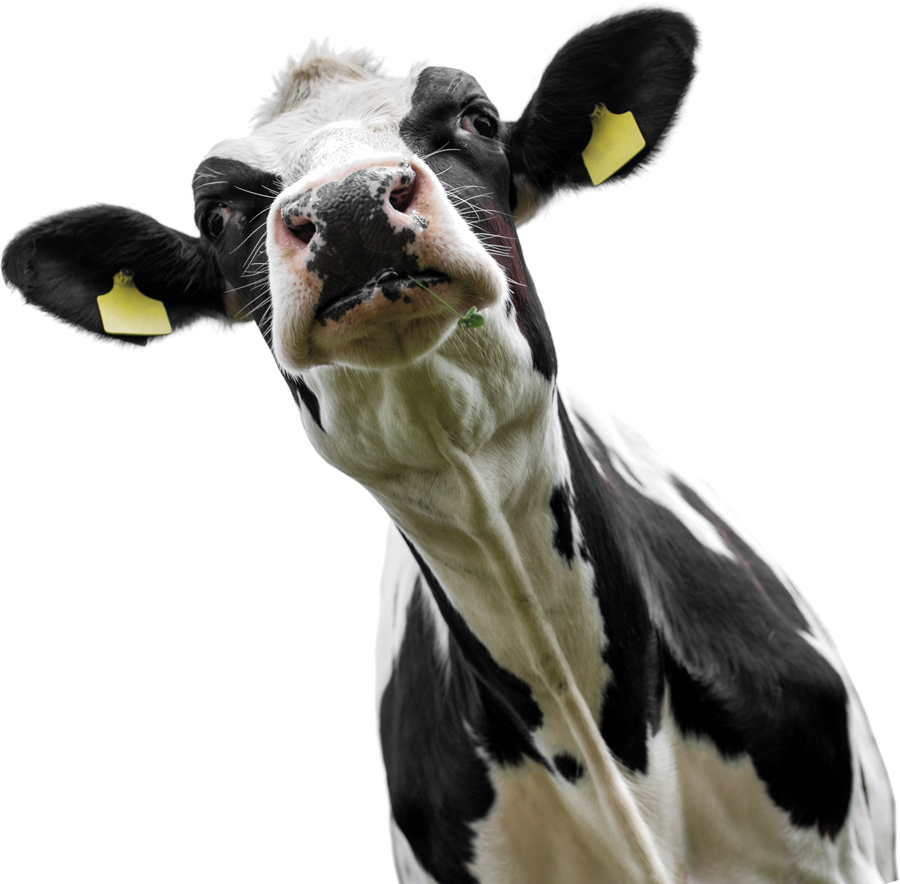Cows and Climate
Methane gas is a prominent contributor to global warming, and cows, who generally have a regular diet of hay and grain, release a steady stream of it through belching.
Now, UNH researchers are looking into how changing their bovine cuisine from hay to seaweed might change how much the average cow burps.
“Cattle is the second largest source of methane in the United States,” Andre Brito, associate professor of dairy cattle nutrition and management at UNH, told WBUR in a recent article. “The industry as a whole is very interested in results to mitigate methane.”

Methane is a significant driver of global climate change. Although it breaks down faster than carbon dioxide, it’s about 25 times more effective at trapping heat.
And bovine burps are the culprits; 95% of the methane released by cows comes from belching, a byproduct of their digestive system. Gas from cows and other livestock is a significant driver of methane emissions in the United States, second only to the oil and gas industry, according to the WBUR story, published in April.
Read more about the research on WBUR’s news site: wbur.fm/3FJFYn6